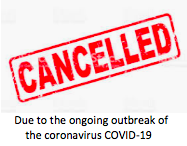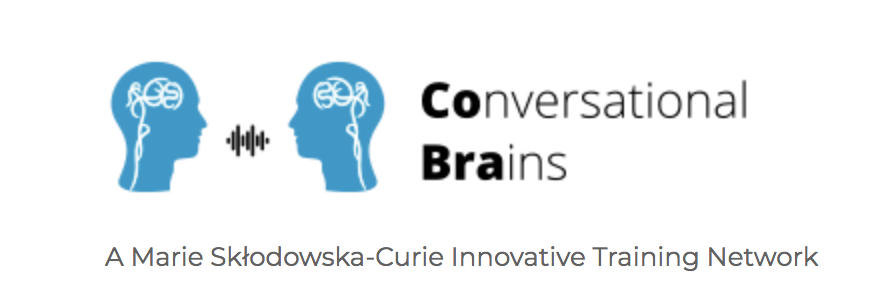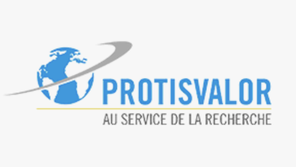|
VIRTUAL WORKSHOP
2nd Training Event, COBRA MSCA Innovative Training Network 17 – 21 May 2021 |
|
This one-week seminar will be organized in the framework of the COBRA (Conversational Brains) European project. COBRA is a Marie Skłodowska-Curie Innovative Training Network funded by the European Commission within the Horizon 2020 programme. It aims to train early-stage researchers to accurately characterize and model the linguistic, cognitive and brain mechanisms that allow conversation to unfold in both human-human and human-machine interactions. The network comprises ten academic research centers on language, cognition and the human brain, and four industrial partners in web-based speech technology, conversational agents and social robots, in ten countries. In 2020, the network has recruited 15 early-stage researchers that have engaged in the project as PhD students. This seminar will take place within a series of training events dedicated to the PhD students in the project. It will cover both specialized scientific and technical skills, and so-called transferable skills.
Research conducted within the COBRA project heavily relies on computer-based methods and involves a variety of mathematical tools that we use for the analysis and modelling of human-human and human-robot conversational interactions at different levels (physiological, cerebral, cognitive, linguistic). These tools include similarity measures for multidimensional spatio-temporal patterns based on state-space methods and functional representation of time series, Granger Causality, and state-space methods for the analysis of nonlinear interactions (e.g., Cross-Convergent Mapping, Joint Recurrence Analysis). Further information about the COBRA project is available at conversationalbrains.eu |
Ce séminaire d’une semaine sera organisé dans le cadre du projet européen COBRA (Conversational Brains). COBRA est un réseau de formation innovante Marie Skłodowska-Curie financé par la Commission européenne au sein du programme Horizon 2020. Il vise à former des chercheurs en début de carrière à l’étude et la modélisation des mécanismes linguistiques, cognitifs et cérébraux qui permettent à la conversation de se déployer dans des interactions humain-humain et humain-robot. Le réseau comprend dix centres de recherche académiques sur le langage, la cognition et le cerveau humain, et quatre partenaires industriels dans le domaine des technologies de la parole, des agents conversationnels, et des robots sociaux, dans dix pays. En 2020, le réseau a recruté quinze chercheurs en début de carrière qui se sont engagés dans le projet en tant que doctorants. Ce séminaire s’insèrera dans une série d’événements de formation consacrés à ces doctorants. Il aura pour but de transmettre aux doctorants des compétences scientifiques et techniques spécialisées, et des compétences plus générales.
Les recherches conduites au sein de COBRA comportent une forte dimension computationnelle et font appel à une variété d’outils mathématiques pour l’analyse et la modélisation des interactions conversationnelles à différents niveaux (physiologique, cérébral, cognitif, linguistique). Ces outils incluent des mesures de similarité applicables à des patterns spatio-temporels multidimensionnels, et basées sur la théorie des systèmes dynamiques, la représentation fonctionnelle des séries temporelles, la causalité de Granger, et des méthodes pour l’analyse des interactions non-linéaires (ex. : Cross-Convergent Mapping, Joint Recurrence Analysis). Des informations détaillées sur COBRA sont consultables sur conversationalbrains.eu. |
|
|
|
|
Scientific blogs and social networks, open science
|
All ESRs
|
|
Writing, publishing, communicating
|
Simon King, University of Edinburgh + all ESRs
|
|
Introduction to IPRs in consortial research
|
Esther Judd, ReadSpeaker; Lina Rojas, Orange Labs; Gabriel Skantze, Furhat Robotics; Francisco Sanchez, DAVI
|
|
Building and analysing conversational corpora
|
Ludivine Crible, UCL, Louvain
|
|
Two-speaker experimental set-ups
|
Susanne Fuchs, ZAS, Berlin
|
|
Computational models of dialogue
|
Gabriel Skantze, Furhat Robotics
|
|
Chatbots and ontologies for chatbots
|
Francisco Sanchez, DAVI
|





